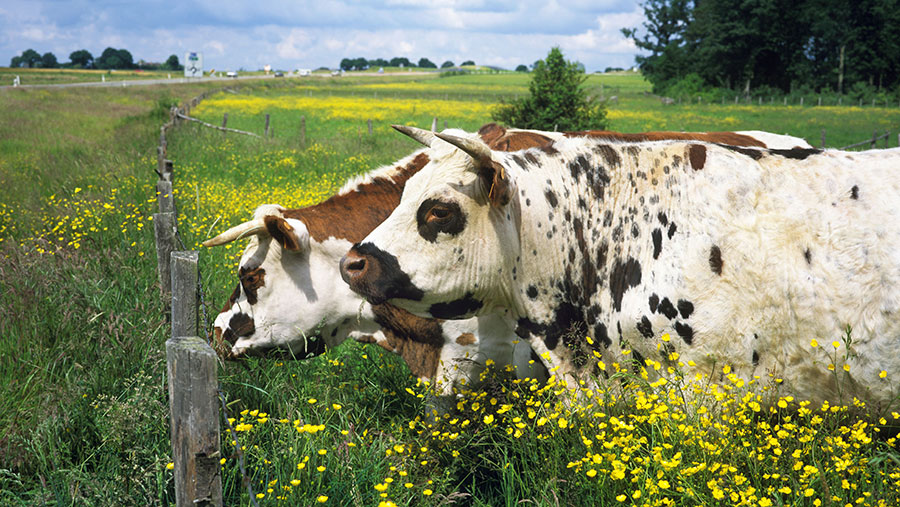EU farmers call for help as coronavirus triggers price slump
 © Gerard Lacz/Shutterstock
© Gerard Lacz/Shutterstock Continental food producers are seeing a rapid market breakdown due to the coronavirus crisis, with livestock producers in particular hit by changing demand and falling prices.
EU farmer and co-operative group Copa-Cogeca is also warning of mounting problems in the horticultural sector, linked to changing demand patterns and a shrinking labour supply, and is demanding the EU Commission takes urgent action.
See also: Graham’s dumps milk as RABDF calls for bailout
As in the UK, the abrupt closure of the majority of the continent’s food service outlets is having a marked effect, as growing retail demand fails to take up the slack.
“The prices of several dairy products have dramatically decreased, with skimmed milk powder [SMP] prices sharply falling to the intervention level,” said a statement. “This is already creating a huge amount of pressure on farm prices.”
The loss of food service and catering channels has also hit sales of high-value cuts of beef and veal, which represent 30% of the total carcass value. This has led to increased costs and detrimental consequences for prices.
And, partly due to the cessation of various festivities at Easter due to the pandemic, demand for lamb has been hampered, leading to a “downward trend for prices at a time when there would usually be an upward trend”.
Copa-Cogeca secretary general Pekka Pesonen said he was disappointed the EU Commission had so far failed to come up with a specific agricultural support package and the organisation has called for additional targeted market measures, financed from outside the CAP budget.
In particular, it wants to see private storage aid introduced for SMP, all types of cheeses and butter, and restrictions imposed on imports of beef from places such as Brazil.
“We are calling on the commission to immediately decide on more targeted tariff rate quota [TRQ] management,” said beef and veal working party chairman Jean-Pierre Fleury.
“EU imports of high-value cuts need to be reviewed, without any penalties.”
Similarly, for the sheep sector, Copa-Cogeca is concerned by the levels of imports at a key time of year.
As well as private storage aid and import quota reductions, the organisation is calling for the activation of exceptional measures to cover the costs of keeping more animals on the farm.
“Flexibility on productivity rates and livestock density would need to be looked at, and the retail sector should be encouraged to promote EU lamb and goatmeat to support the sector in these difficult times.”
Copa-Cogeca has also written to the EU Commission, explaining the problems facing the fruit and vegetable sector due to shifting demand and lack of labour for harvesting and distributing highly perishable crops.
